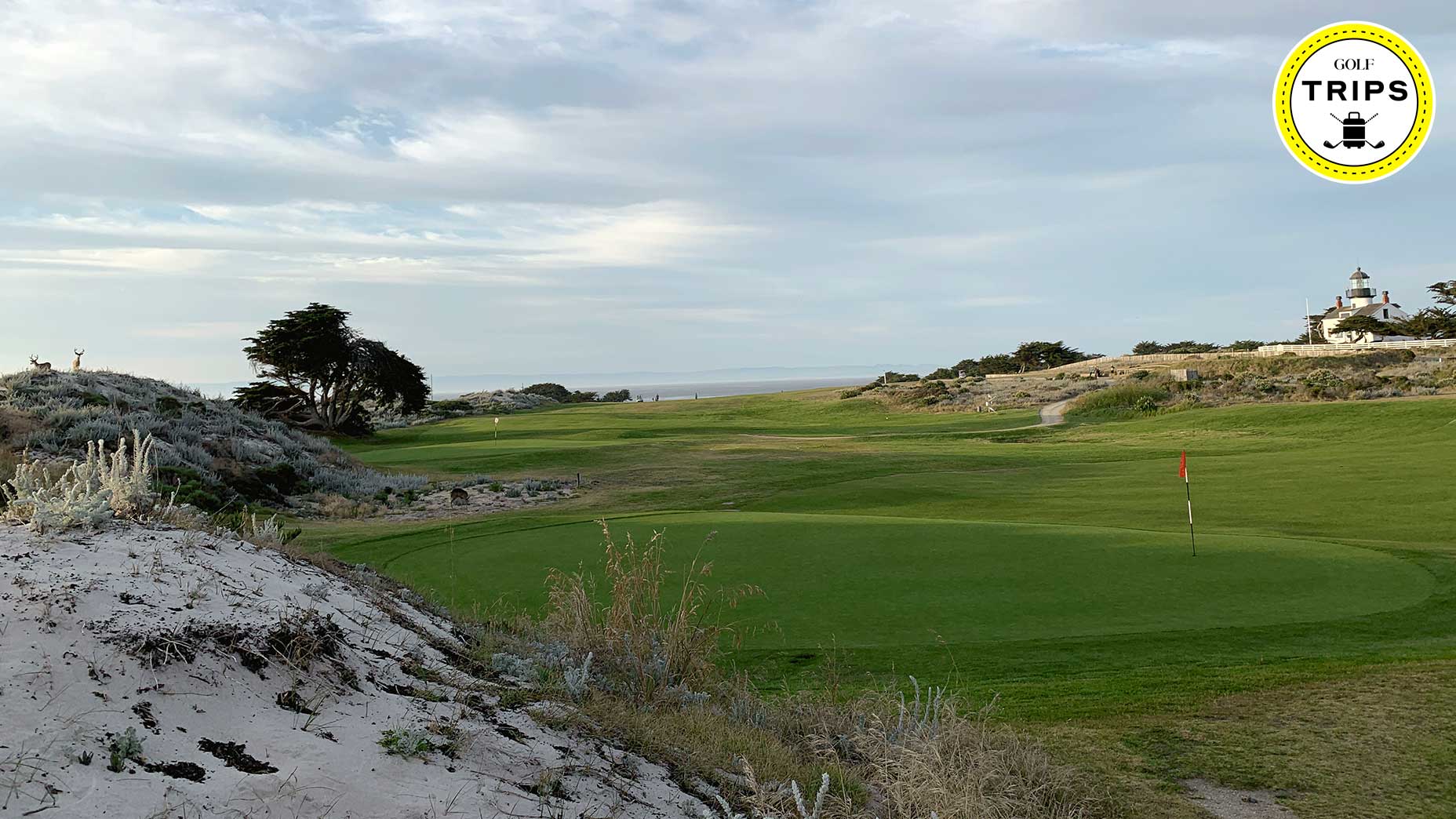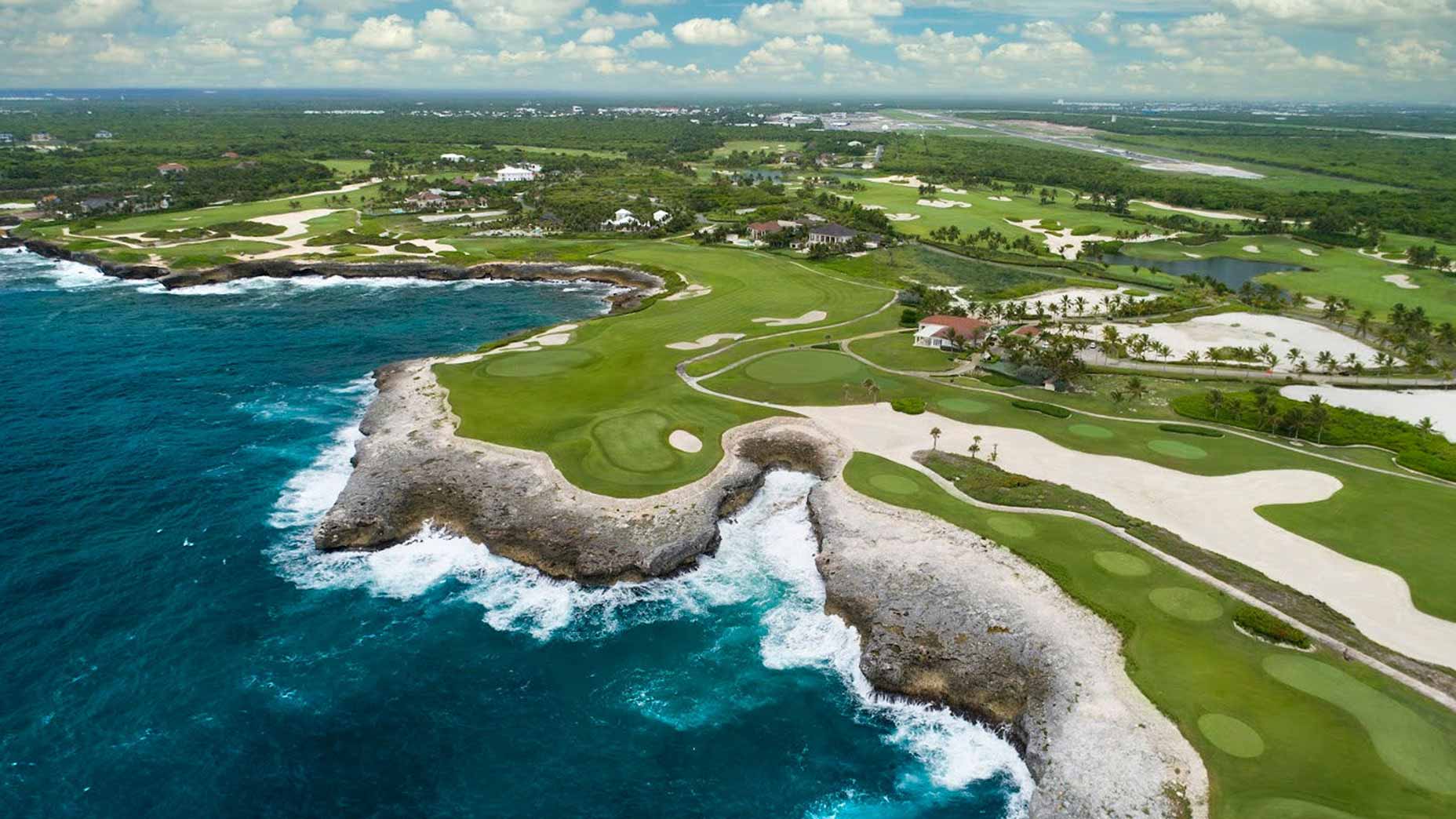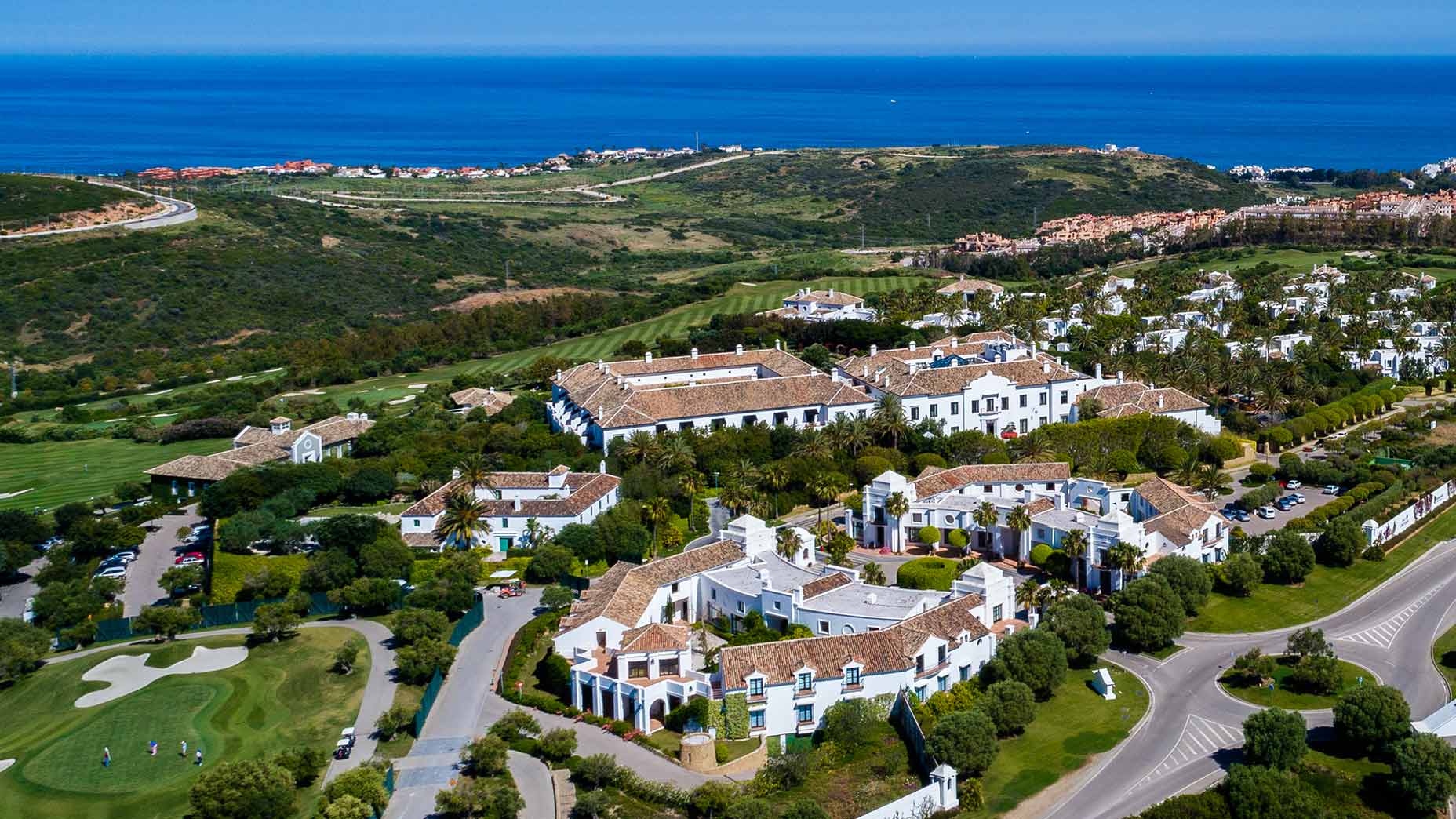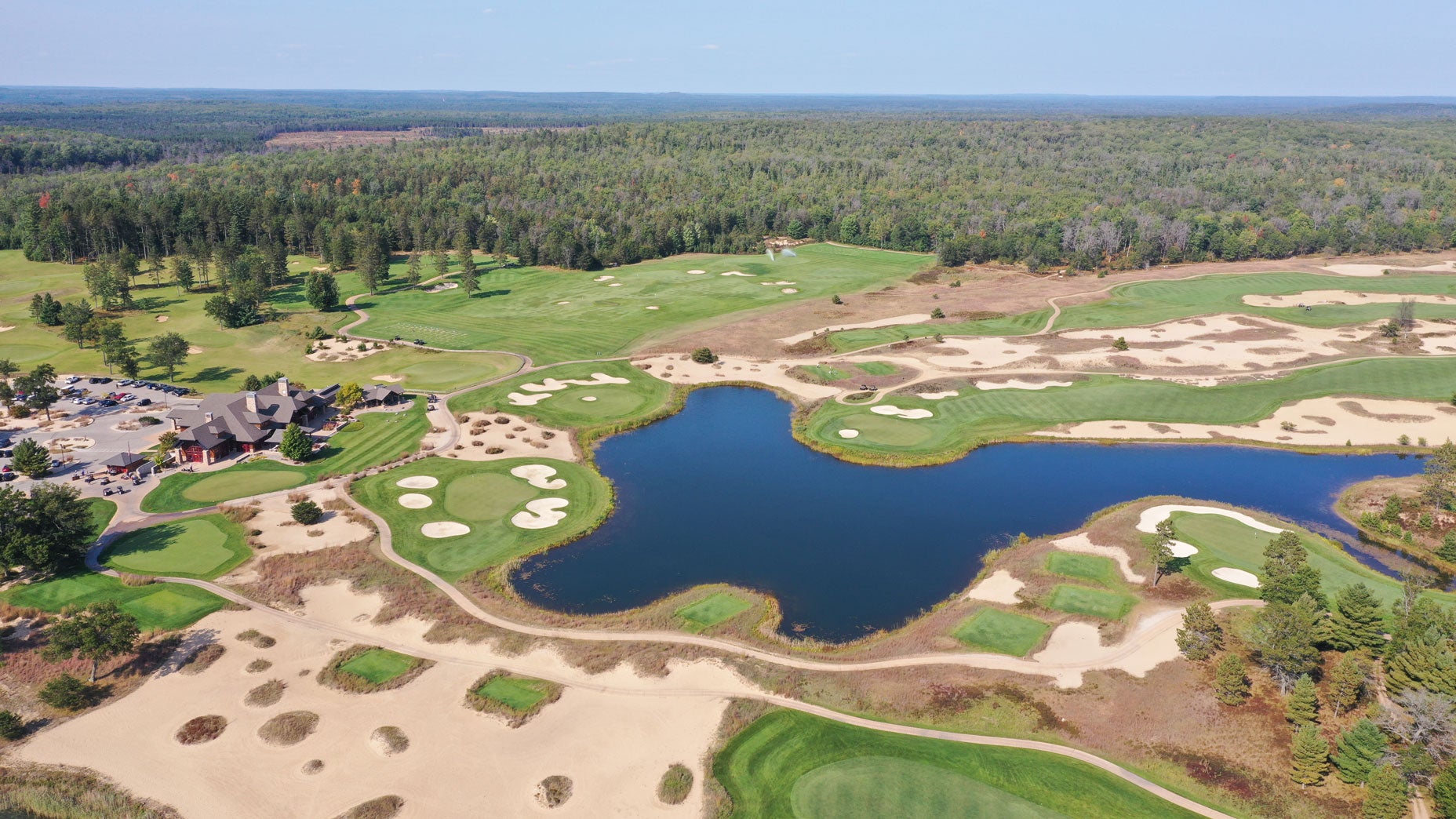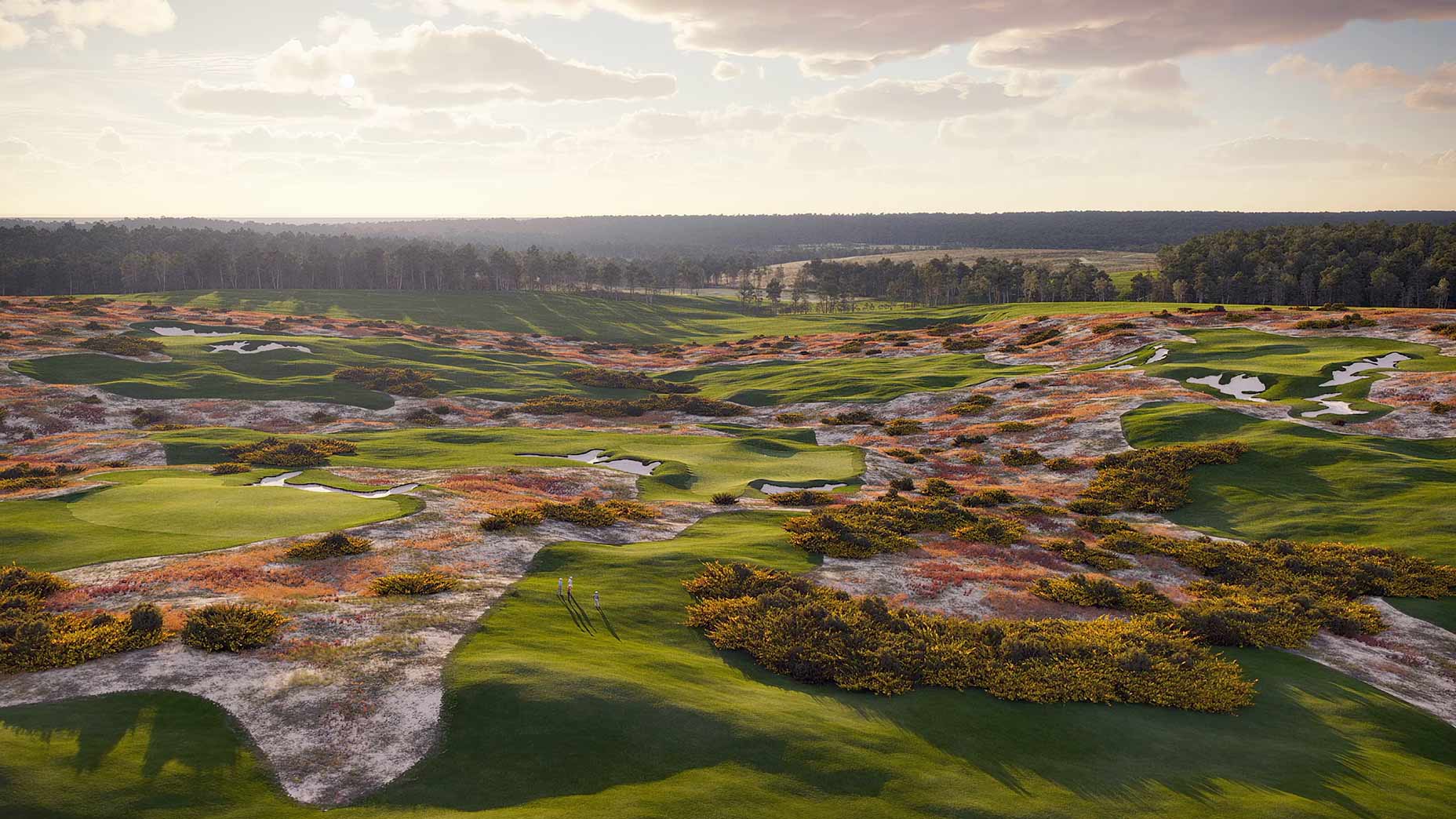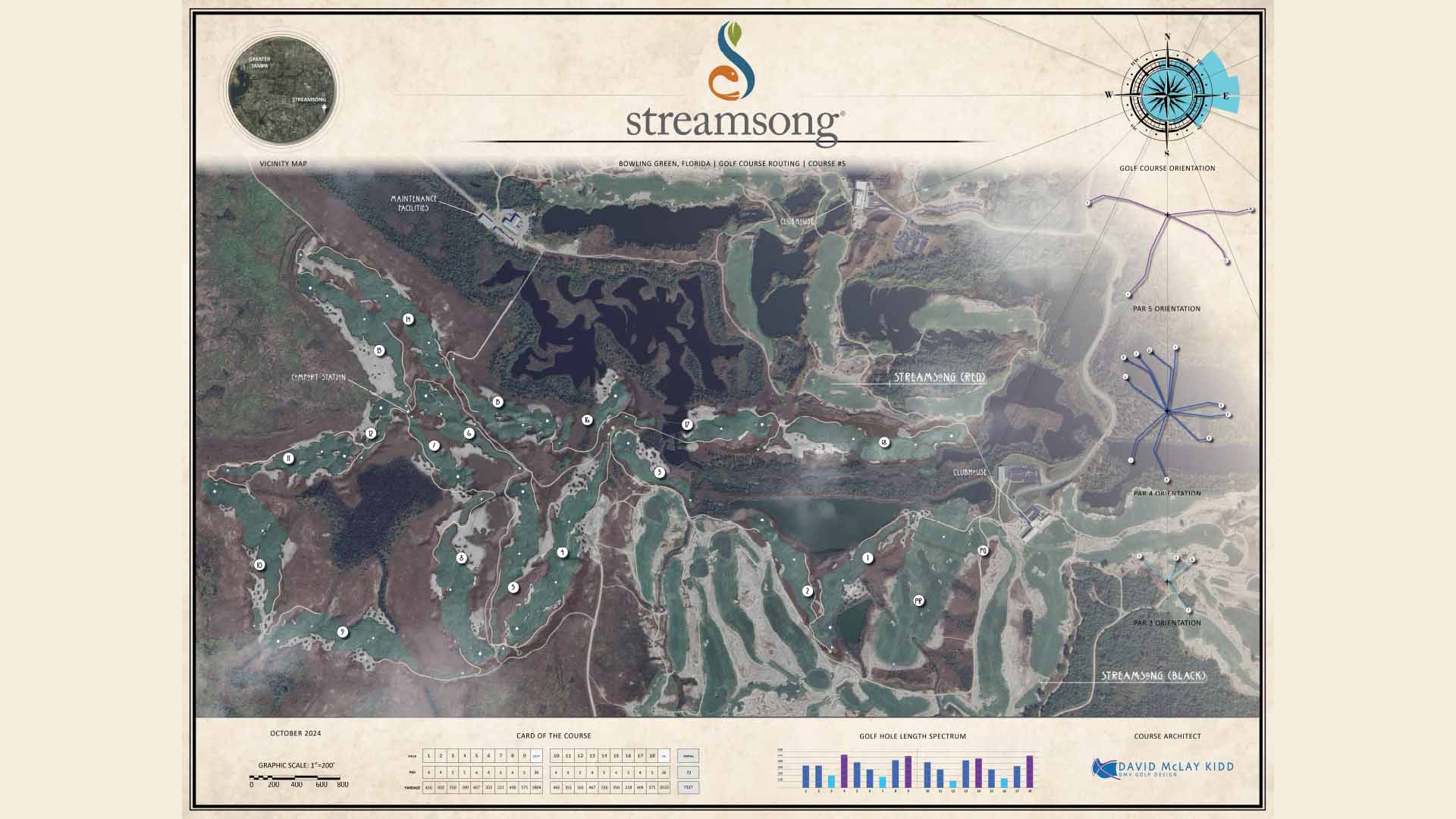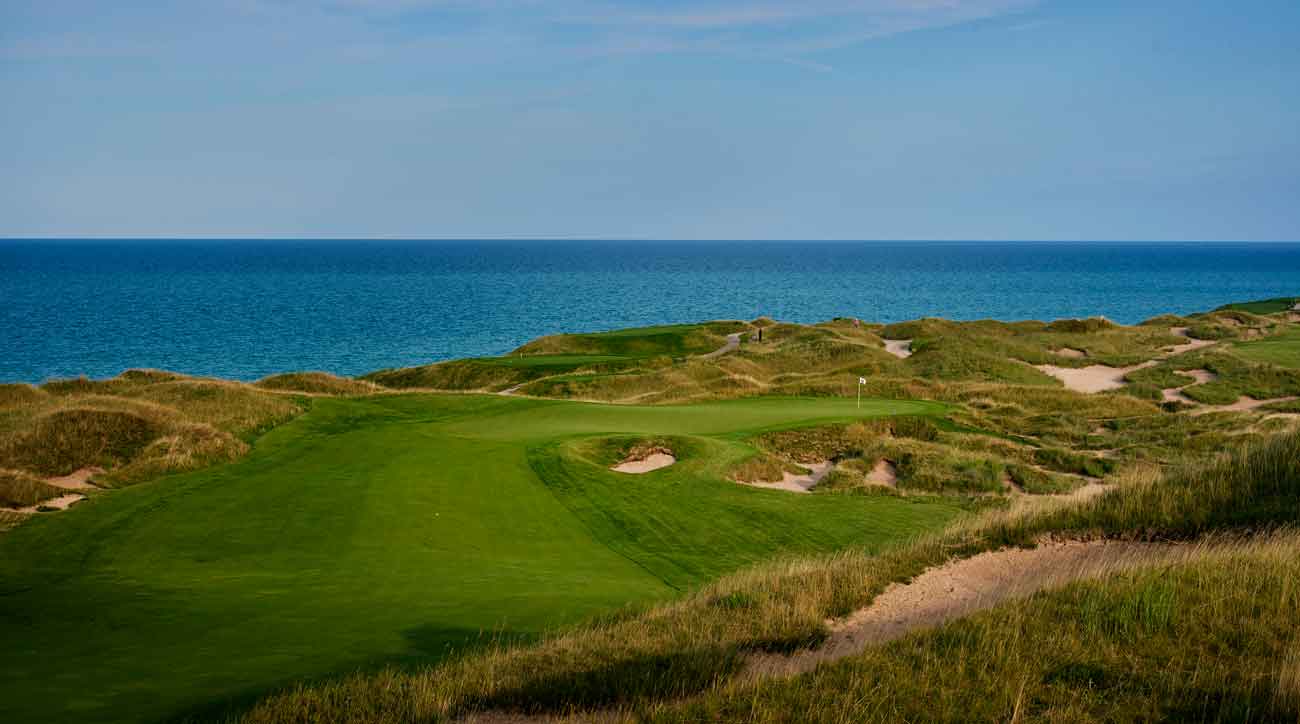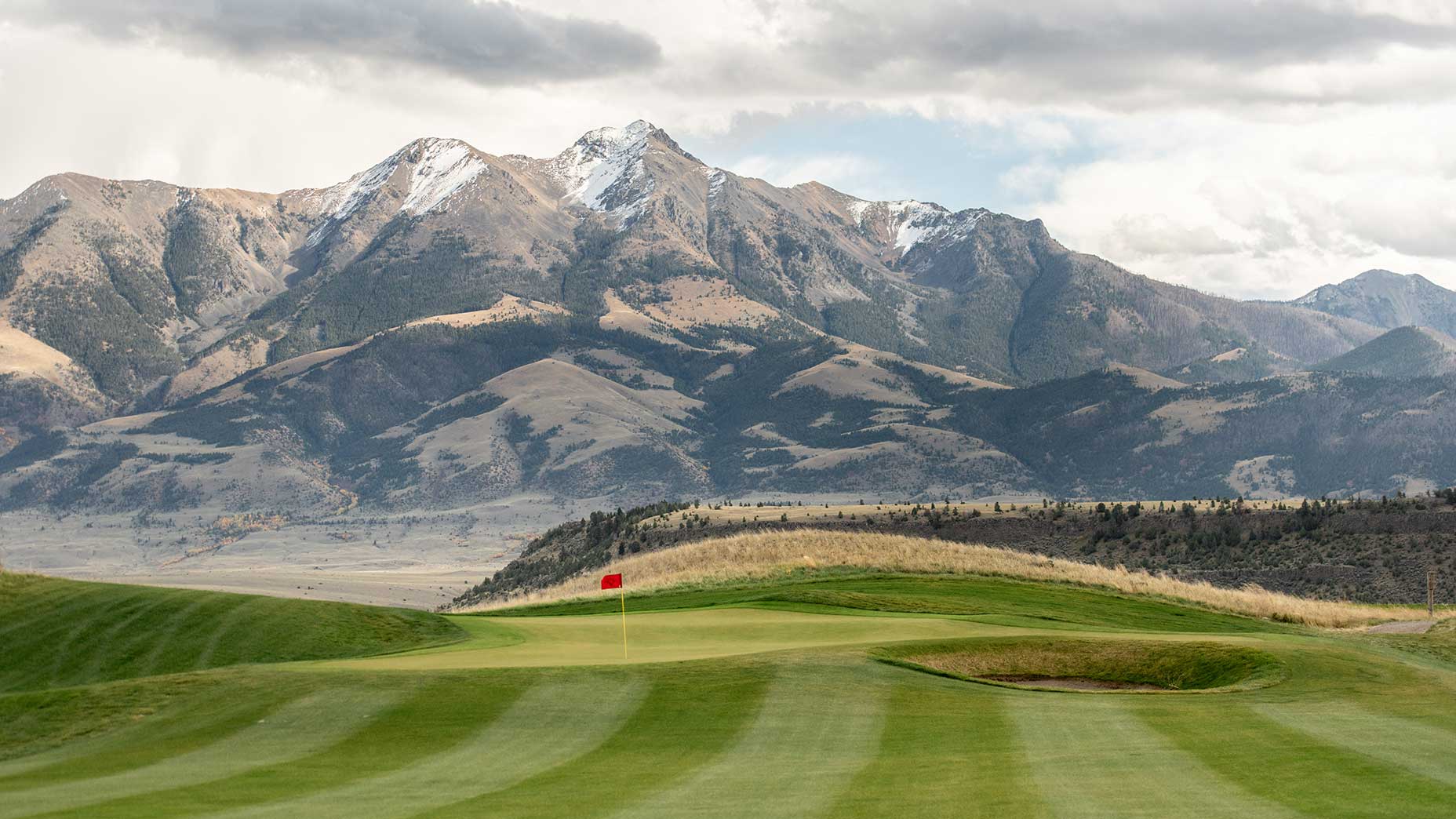It is a renowned golf region with an impressive roster of headline layouts, including Pebble Beach and Spyglass, which the Tour’s top talents are taking on this week. But beyond the famous names (Cypress Point and Monterey Peninsula Country Club also come to mind), the Monterey area is home to a large supporting cast of courses. Here’s a look at five more worth playing.
Best value: Pacific Grove Golf Links
This coastal muni has been called a sleeper so many times that it no longer qualifies as one. But with weekday rates of $64 (and $82 weekend) the course still counts as a steal. Its front nine, designed by Chandler Egan, opens quirkily with back-to-back par-3s and cuts a pleasant path through a rolling landscape fringed with pines and eucalyptus. But the back nine is where things really pick up. These holes were the brainchild of Pebble architect Jack Neville, and the bulk of them offer pure links golf, on rumpled, sandy ground, within salt-spray distance of the sea.
Best challenge: Bayonet
Golfers of a certain age will remember Bayonet as one of two demanding courses on what was once the Fort Ord military base. But that was then. The U.S. Army decamped in 1994, and the property is now under private management. True to its name, Bayonet remains long and penal, though many of the trees used to pinch it have been cleared, part of a sweeping renovation that widened fairways, remade greens and opened playing corridors and vistas. Some idiosyncrasies have been smoothed over, too, including the dogleg on the par-4 11th, which used to bend in ways that defied physics. Is Bayonet now better than it was back in the day? Among old-timers, that’s a polarizing question. Opinions aside, the fact is that the course is a compelling challenge. And if it feels like too much, its sibling layout, Black Horse (the course that brings our list to five), offers similar aesthetics on a mellower scale.
Best conditions: Quail Lodge Golf Club
Just south of Pebble Beach, a turnoff to the east takes you into Carmel Valley, where the weather is warmer than it is along the coast and the sun does a fine job of cutting through the fog. In this temperate environment, Quail Lodge opened in 1964, a Robert Muir Graves design that was refined by Todd Eckenrode in 2015. Now, as then, the routing takes a scenic parkland trip along the base of the Santa Lucia Mountains. Easy to walk and friendly to play, with just the right dose of shot-making demands, the course is also known for its immaculate fairways and greens as pure — and, often, purer — than those of any of the fabled nearby clubs.
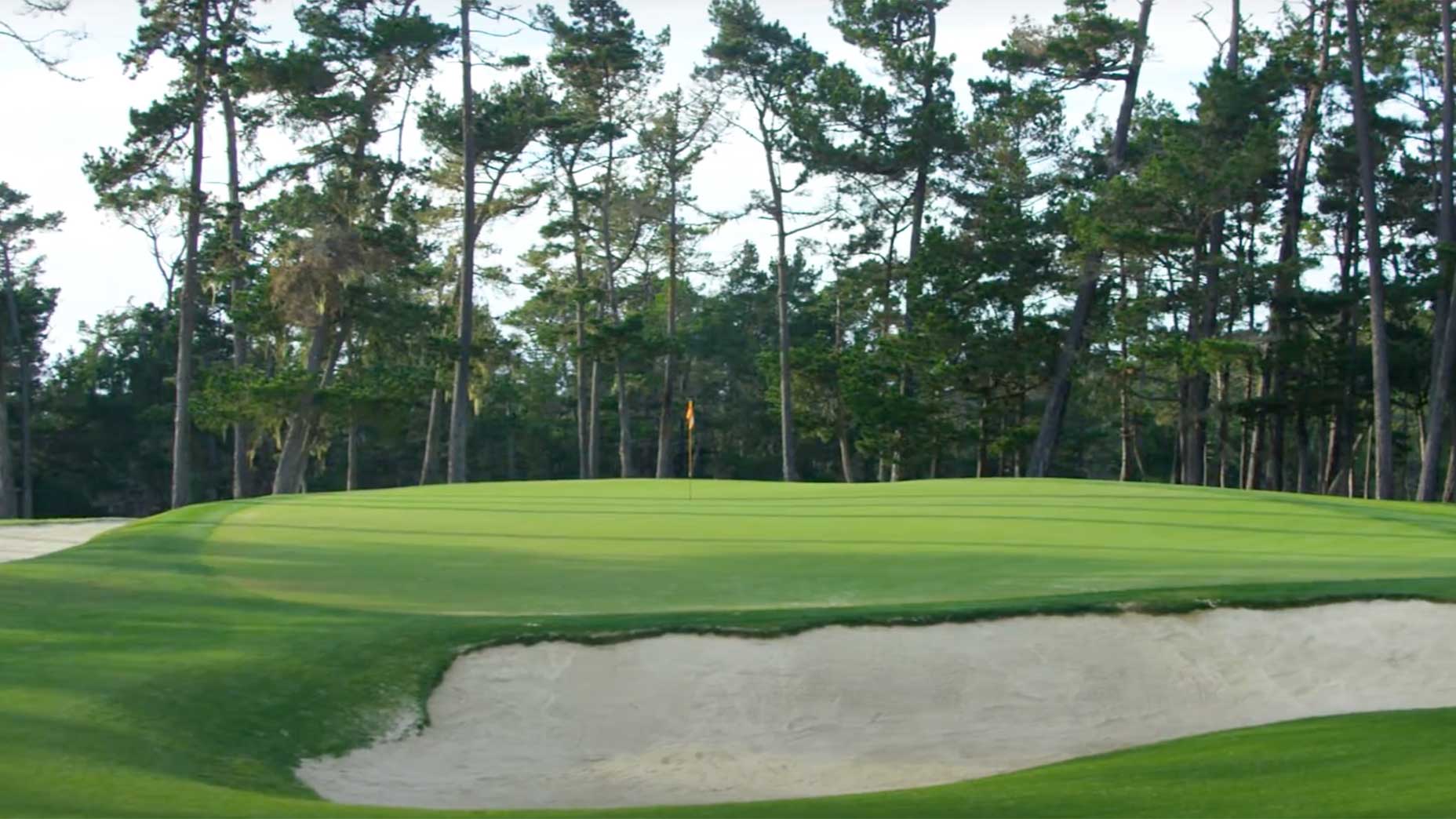
Best redo: Poppy Hills Golf Course
All courses have a footprint. Not many are asked to fill big shoes. That was the pressure put on Poppy Hills, in 1991, when Cypress Point withdrew from the Pebble Pro-am rota and another track was needed to take its spot. For the next 19 years, Poppy played that role, to mixed reviews from the pros. Some complained about soft conditions. Others griped about sharp doglegs that took driver out of their hands. But you know the pros. They play a different game. And besides, Poppy Hills is different these days, too. In 2010, it left the Pro-Am rota. And three years later, Robert Trent Jones, Jr., the architect behind the original design, redid the course, rebuilding greens and tees, upgrading drainage and relieving choke points in the routing. The entire place was sand capped, too, and sandy wastes were added. The upshot being a wider, firmer, faster course: tons of fun on the same footprint. You can’t ask for more of an overhaul than that.
